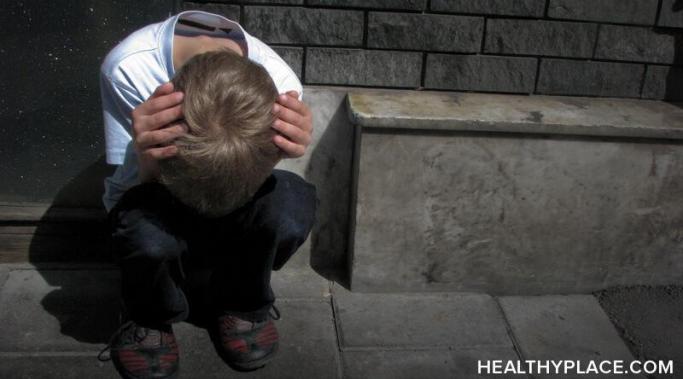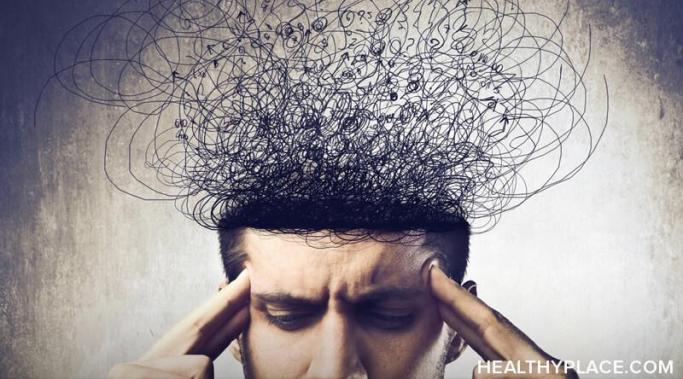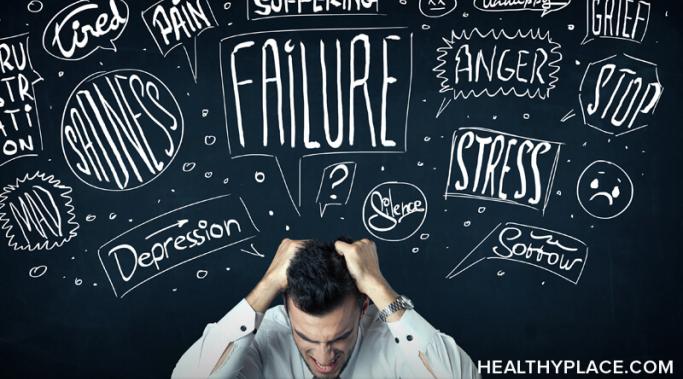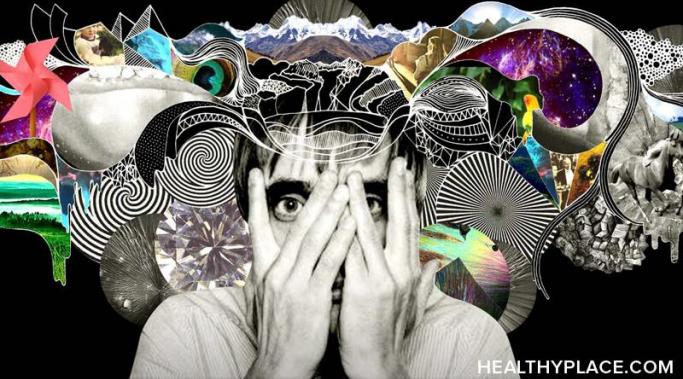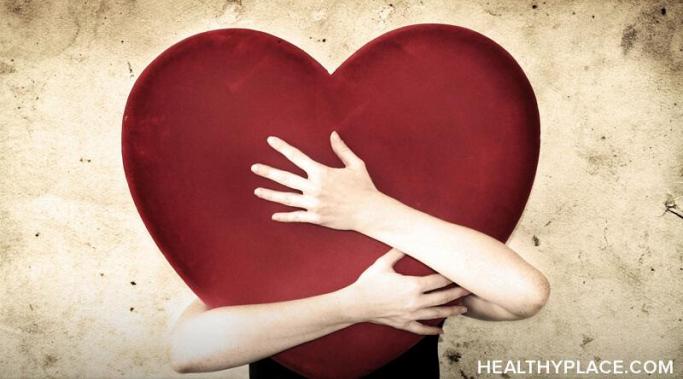I have bipolar disorder, and I never ghost people. "Ghosting" is a slang term for when someone cuts off all communication. Some people may doubt that I don't ghost people based on my bipolar diagnosis; however, believe me, I am not a "ghoster." Moreover, I'm not the only one. Just because a person has bipolar doesn't mean they will ghost you.
Coping
I'm sad all the time. I'm miserable. I'm caught in a well of darkness and depression -- all the time. Now, not everyone who is depressed experiences this. Some people who are depressed experience persistent sadness bouts, yes, but they aren't necessarily constant. Depression can also be characterized by diminished interest or pleasure instead of a depressed mood. In other words, being sad all the time is not required for a diagnosis of major depressive disorder; but it sure seems to be required by my major depressive disorder (that occurs because of bipolar disorder). And the trouble with all of this is that being sad all the time is just too heavy a burden to bear.
Your thoughts aren't real. I know that might sound false, but understanding both parts of that sentence is critical to dealing with bipolar disorder. I have to remember that sentence every day in order to get me through. But recognizing that my thoughts aren't real or permanent does help, and I believe it can help you too.
I had a discussion with my friend once about brain fog, and I said brain fog wasn't a real symptom of depression; it was just sort of a layperson's description of cognitive difficulties. Brain fog itself wasn't exactly real, per se; I said I wasn't exactly wrong about that, but I wasn't exactly right either. Brain fog is not exactly a medical descriptor, but I identify with it as a part of my illness(es). I can now attest to the fact that brain fog is real.
Recently a friend ruined my mental health. Well, a friend combined with preexisting bipolar disorder, ruined my mental health. I don't believe in blaming people for mental health problems, per se; but, sometimes people do things that are so damaging, a change in mental health really is pretty much their fault. So, what do you do when a friend ruins your mental health?
Distraction from bipolar symptoms is something I rely on as a coping skill. In fact, it's pretty much an everyday coping skill for me. Bipolar symptom distraction may sound overly simplistic, and sometimes it is (although, not always), but sometimes the simple things just work.
I recently realized there is a safety to wanting nothing. In spite of the fact that wanting nothing in and of itself is horrible, that safety can actually feel comfortable -- especially after a long time.
I suspect all of us have heard someone say, "No one will love you until you love yourself." It's one of those quaint pieces of advice that people give so often that it shines with the veneer of truth. But I'm here to tell you it isn't true and, in fact, it's cruel to tell people that. I'm aware that people are trying to help, but "no one will ever love you until you love yourself" does just the opposite.
Bipolar can bring thoughts to your brain that are so negative and destructive, they can seem impossible to deal with, but you can work to reframe bipolar thoughts to fight back. Reframing thoughts won't fix the issue, per se, but can allow you to stand up for yourself against the bipolar disorder. This is incredibly important. Learn more about reframing bipolar thoughts here.
From what I can tell, bipolar and sleep are intimately related -- bad sleep and bipolar are linked too. In my experience\, bad sleep equals bad bipolar. But it also seems to be the case that bad bipolar equals bad sleep. So, which came first? How do you treat bad sleep and bad bipolar?

